Learning
We prioritize learning and unlearning in a posture of humility
Appreciation
We appreciate each other’s unique contributions
Accountability
We believe in accountability to self and in mutual accountability
Trust
We trust each other and treat each other with respect
Care
We care for each other
In addition to informing our Theory of Change, our Values guide the way we interact with our colleagues, partners, and the philanthropic community as a whole. Through collaboration with our partners, we created Our Five Tenets of Grantmaking to exemplify how we apply these Values in our work.
Our Five Tenets of Grantmaking
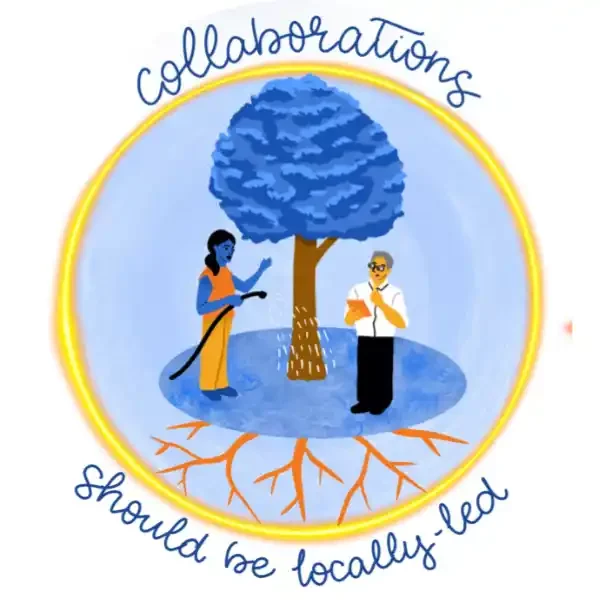
Collaborations should be locally-led
The best and most sustainable results are generated by locally led collaborations in which any needed technical expertise is paired with and guided by the needs of the local organization.
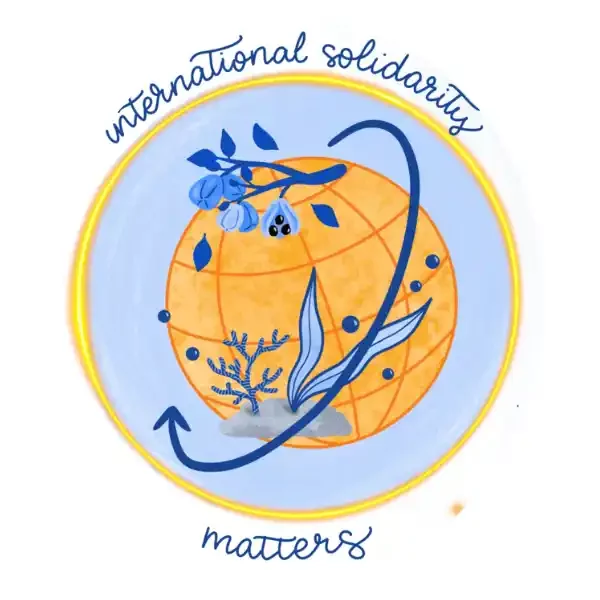
International solidarity matters
Solidarity means respecting the insight that local communities have and standing behind them rather than out in front in a way that overshadows them. It is important that our partners sense that they have a strong ally internationally who they can rely on.
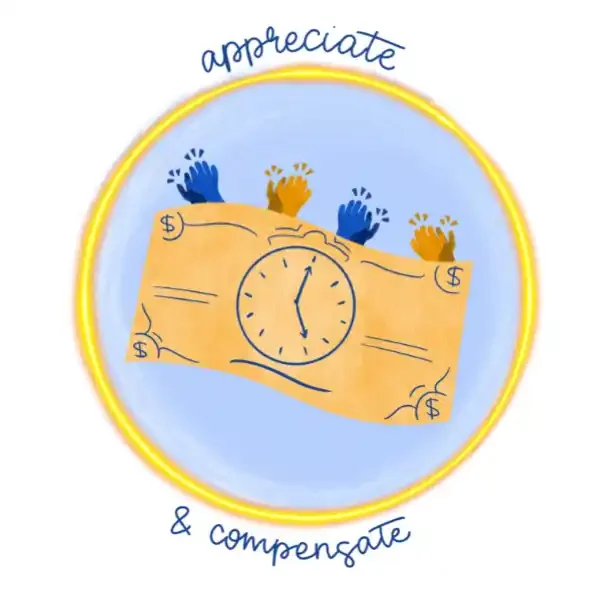
Appreciate & compensate
Solidarity means respecting the insight that local communities have and standing behind them rather than out in front in a way that overshadows them. It is important that our partners sense that they have a strong ally internationally who they can rely on.
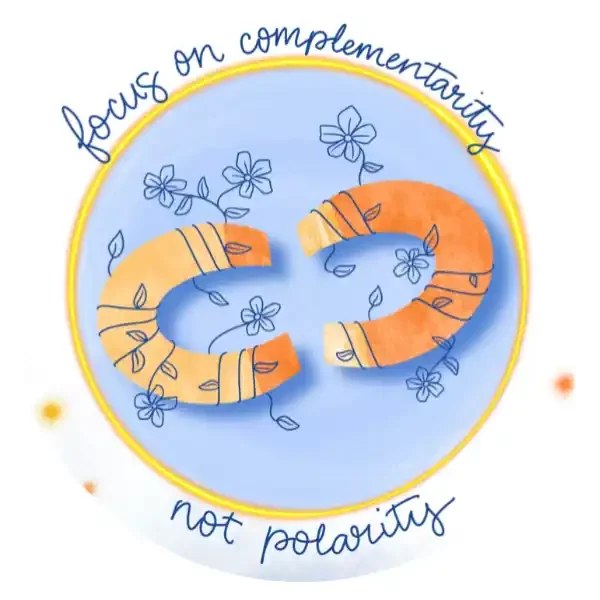
Focus on complementarity, not polarity
It is important to focus on complementarity rather than polarity; it is not “either/or” but “both/and.” Our partners urge us to value various kinds of expertise equally and to keep an open mind regarding what expertise could complement or supplement their own.
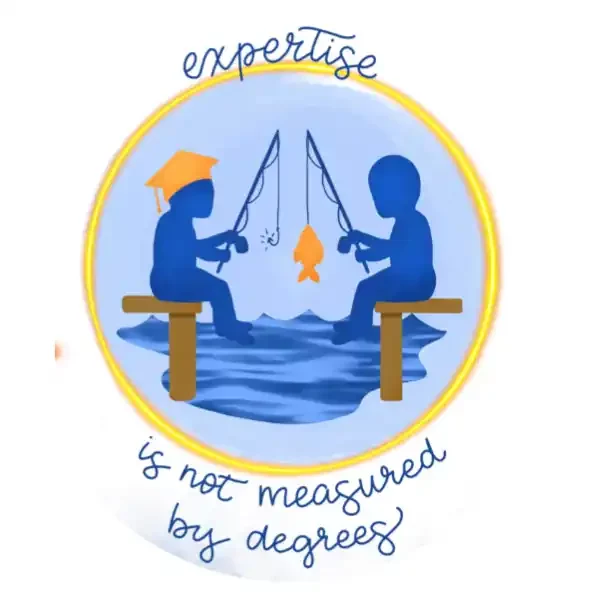
Expertise is not measured by degrees
Just as organizations can benefit from scientific instruments and specialized training, there is often no substitute for the experience of a community that has lived on and with the land for generations. The most powerful collaborations we have seen include ones where local expertise was paired with scientific or legal expertise in a complementary fashion.